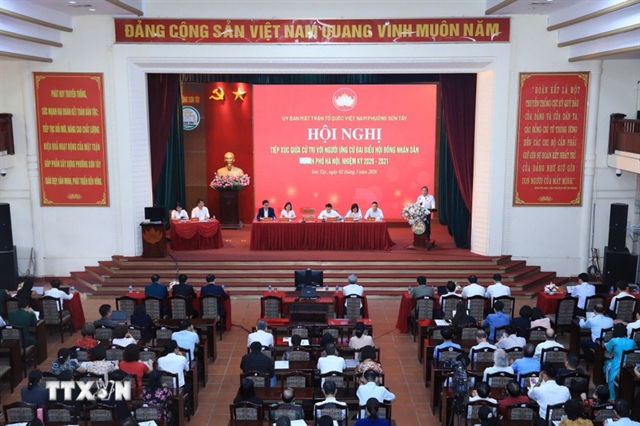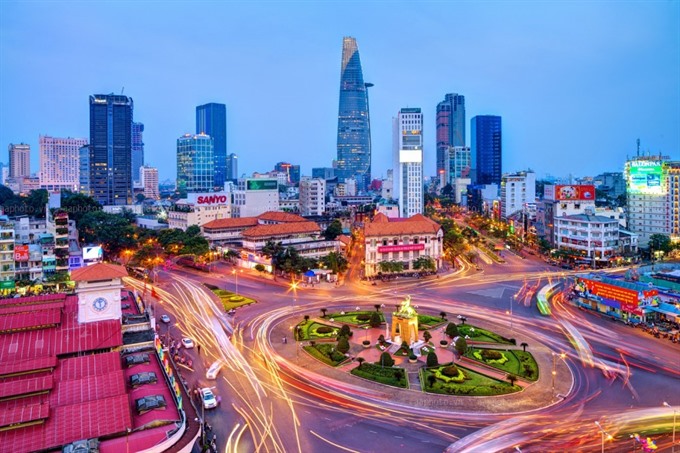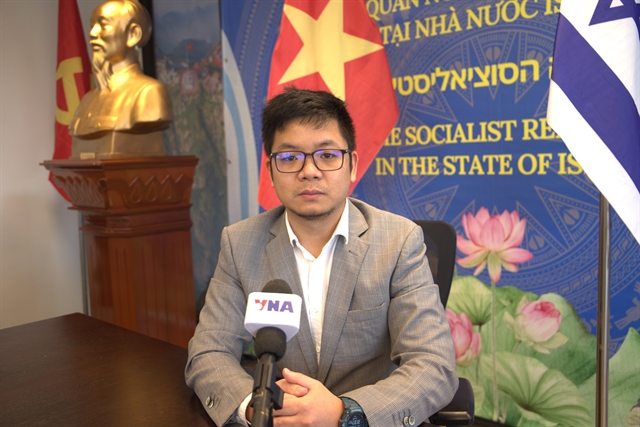 Society
Society

HCM City needs to further back research if it wants to apply new technologies in public administration, especially in the context of its plans to become a smart city, a senior researcher has said.
 |
| HCM City needs to further back research if it wants to apply new technologies in public administration, especially in the context of its plans to become a smart city. — Photo ashui.com |
HCM CITY — HCM City needs to further back research if it wants to apply new technologies in public administration, especially in the context of its plans to become a smart city, a senior researcher has said.
Speaking at a scientific workshop, “Opportunity and integrated development management options for a smart city,” on June 7, Nguyễn Văn Trình, deputy head of the HCM City Development Research Institute said: “The city is seeking to create more databases and undertake research to set up a simulation centre, which will provide various development models for it.”
The smart city concept would have a great impact on the way people live in future – on their working environment, housing, transport, health, recreation – he said.
Urbanisation, population growth and digitisation are global trends that bring both challenges and opportunities to cities around the globe, he said.
It is key factor for city governments to shape the process of developing into a smart city in a way that benefits all its citizens, he said.
Dr Nguyễn Ngọc Hiếu from the Vietnamese – German University pointed out that to be a smart city, HCM City needs to upgrade its administration to cope with new challenges, including population growth and depletion of natural resources.
“Many problems can be solved by being ‘smarter’ without the need for more new technology.”
Difficulties and challenges are actually opportunities for development, he said.
“We can recognise some factors that are creating favourable conditions… especially for the smart city project.”
The most valuable asset of a city is its people since they are the ones who know their city best, he said.
Flooding is considered one of the biggest challenges faced by the city.
Nguyễn Việt Hưng, a senior official at the HCM City Urban Flood Control Steering Center, tabled a flood warning system at the seminar.
The system needs sophisticated, fully automated equipment and skilled experts to operate them, a city-wide measurement system, a flood management centre and greater community awareness, he said.
According to scientists, a smart city should be livable, will put the needs of its denizens at the forefront and support local initiatives and creativity; be diverse and open, using digital transformation to foster participation and overcome social and economic imbalances and exclusion; and climate-neutral and resource-efficient by promoting eco-friendliness, carbon-neutrality and healthy transport, energy, water, sewage, and waste concepts.
It will also be competitive and thriving and open-minded and innovative, stimulate innovation and provide appropriate infrastructure and administrative options; be responsive and sensitive, safe and freedom-enhancing through the use of sensor technologies, data acquisition and processing and interaction with citizens in a responsible way to constantly improve its services and processes while ensuring safe and free private, public and digital spaces for all. — VNS




